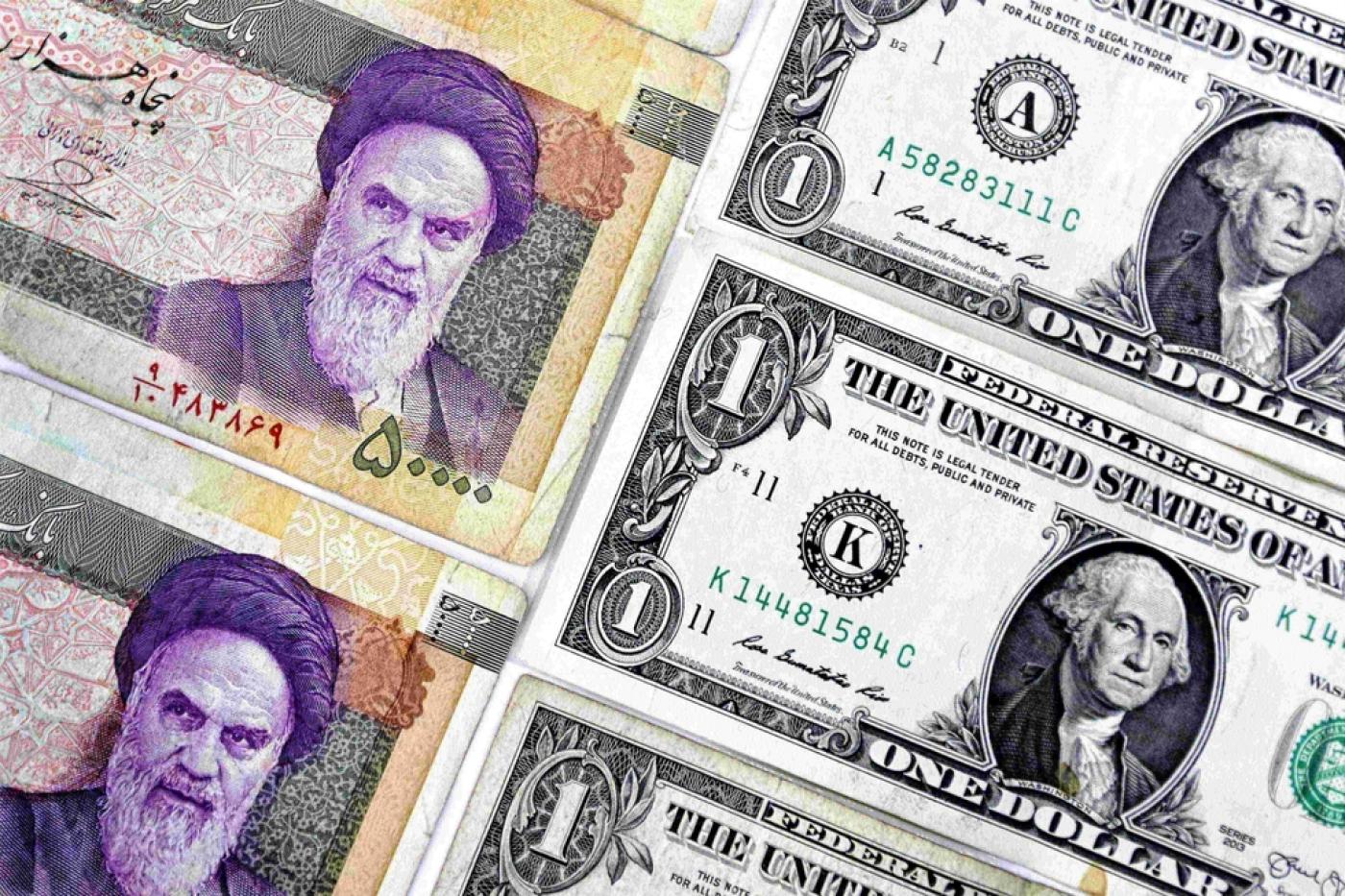As the world awaits the outcome of a soon anticipated Iran nuclear deal, the importance of ensuring that deal is indeed comprehensive is as important as ever. Progress towards reaching an agreement on a new version of the 2015 Joint Comprehensive Plan of Action (JCPOA) between the international community and Iran has, as was expected, been slow and multifaceted. Including questions beyond the nuclear issue, such as the designation as a terrorist organization of Iran’s Revolutionary Guards, has been one of the primary issues preventing quick progress. Nevertheless, addressing such additional issues is equally integral as addressing the central concern raised by the Obama administration, the architects of the deal, namely stemming, “the risk of another war in the Middle East” – writes Shlomo Roiter Jesner
Beyond the obvious risk of escalation to war, a significant concern, as raised in a recent Wall Street Journal article, is the dedicated network of illicit financing which Iran has constructed for itself over the past few years. It is this network of clandestine banking and finance which has enabled Iran to continue to trade in the billions, despite what are ostensibly comprehensive sanctions currently in place. This network has allowed Iran to ensure its economy’s survival while continuing negotiations, simultaneously secretly making progress on its nuclear program and creating facts on the ground. If not addressed, this system is bound to similarly negatively impact the day after the return to the JCPOA, with Europe having a central role to play in making sure this does not happen.
Although it has imposed significant restrictions on the ability to trade with Iran in a wide range of sectors, from energy to insurance, humanitarian exceptions have been made. €20 million, for example, was provided in humanitarian aid to Iran in an efforts to assist in the fight against the Covid-19 pandemic. Although commendable, little oversight has been provided as to the destination of the funds, alongside the offer for help going unappreciated with Iran’s President Rouhani stating, “Your offer of help is the biggest lie in history”. Thus, instead of investing taxpayer money in propping up a murderous regime, albeit with the unrealistic hope of providing humanitarian assistance to innocent citizens, the EU must instead invest resources in closing Iranian channels of illicit finance.
Furthermore, with the US taking a maximalist approach to the sanctions, at least under the former Trump administration, Europe has struggled to enforce what have come to be known as secondary sanctions. Thus while the US has demanded Europe not to do business with those who do business with sanctioned entities, leveraging European reliance on the American market, Europe has been reluctant to comply. Secondary sanctions, however, are integral for preventing the development of exactly the kind of illicit finance system Iran has been constructing behind the world’s back.
Had such secondary sanctions been respected by the international community in its entirety, the corporate entities and business people Iran has been exploring to evade sanctions would have met a significant challenge. One such example has been seen in the Gulf oil trade, where Iran has employed non-government (and thus non-sanctioned) entities to move its oil to international markets. This has taken place with he help of forged bills of lading, front companies and friendly business-men. This has occurred primarily through Iraq, but even countries which are staunch allies of the US, like the UAE have been victims of Iran’s duplicitous ways.
All of this matters more than ever, with a new version fo the JCPOA on the immediate horizon. If Iran is allowed to continue financing its global terror activities, as well as the development of its nuclear arsenal, through this systems which affords little oversight or repercussions, no agreement will be able to stop the Islamic republic from acting as it sees fit. With European allies, such as the UAE and Saudi Arabia directly threatened by Iran, Europe must begin doing its utmost to shut down this illicit network of international terror finance.
The threat has gone beyond the realm of hypothetical, with Iran, through its proxies, already directly attacking both Saudi Arabia and the UAE. The implications of the European Union continuing to allow this Iranian system of illicit finance, which enables funding of terror organizations like Yemen’s Houthis who perpetrated these attacks on Iran’s behalf, are far reaching.
This becomes even more important when we consider the implications of Iran’s continued recalcitrance on Russia activities in Ukraine. With a similar network of illicit finance having been constructed by Russia’s Vladimir Putin, the cost of allowing Iran to continue to operate such a network at the West’s expense cannot be overstated. By tackling the illicit Iranian financing network one company and businessman at a time, Europe will both send a message and set a precedent for addressing Russia’s complex network of similar offshore financial facilitators. After all, people can only get away with what you let them get away with.
Shlomo Roiter Jesner is the president and co-founder of the Cambridge Middle East and North Africa Forum. He is also the CEO of London-based F&R Strategy Group, a geopolitical consultancy at the intersection of politics and business.





















